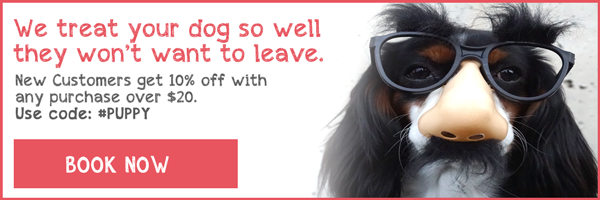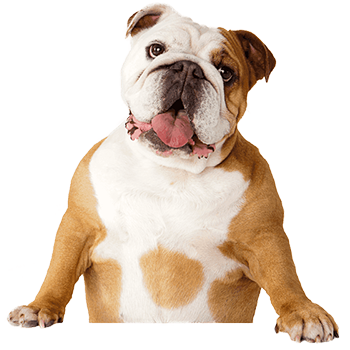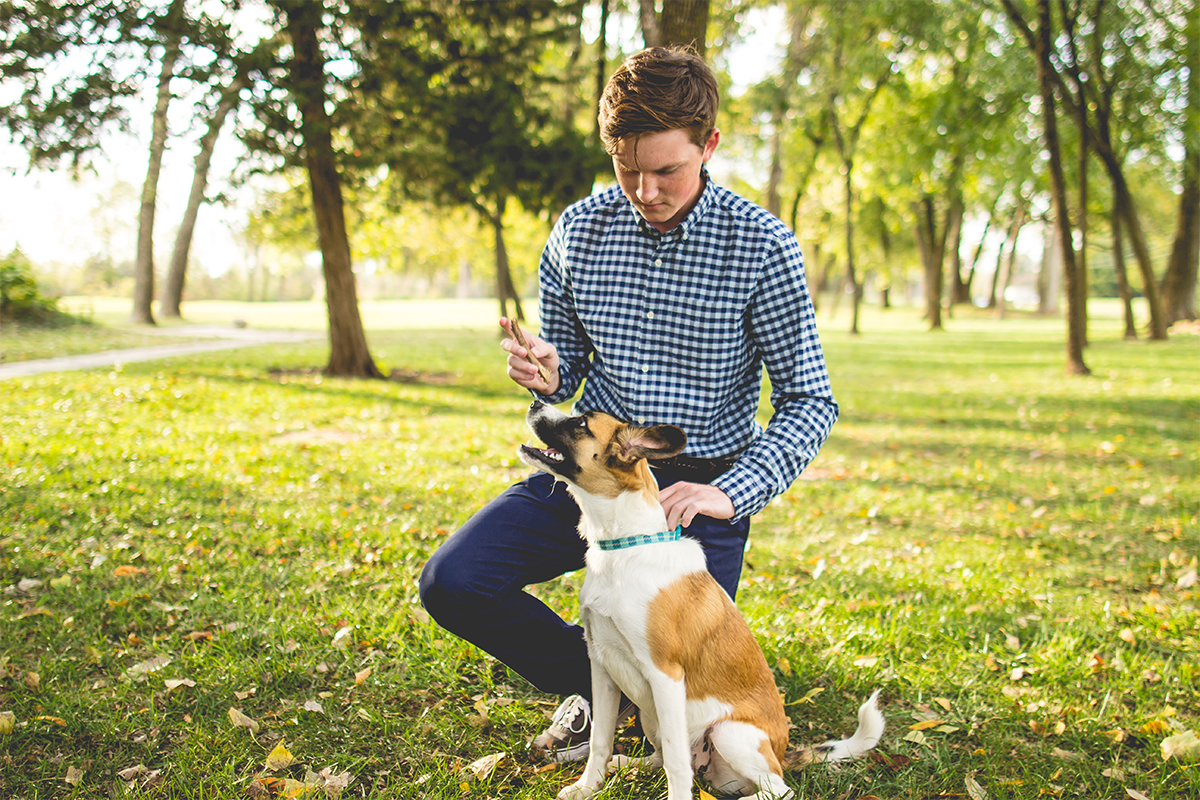So you want to get a dog for the first time. Congrats! Owning your own pup is one of the best feelings you can have, but it’s also a big responsibility, and not something that you should undertake without due care and research.
Here are three things to keep in mind:
Start-up costs are larger than you might think
Every dog owner needs to buy a leash for their animal, a collar, food bowls and the food itself. But there’s more to think about than just those essentials.
Have you considered the cost of bedding, travel, at-home crates, a place for it to exercise and more? Then there’s the reality that dogs chew through toys and bedding, and these need to be replaced.
Entertainment also needs to be factored in. That includes chewables, treats and toys, and also the cost you incur walking and playing with your dog. Time equals money, and dog ownership eats into this.
That’s not to put you off the idea of course! It’s one of the great pleasures in life, but you need to be realistic from a budgeting perspective. The first year of ownership can cost north of $4,000 – $5,000 if you’re making frivolous purchases and investing in the really expensive, premium dog food.
Finally – the most important. Health. Trips to the vet when an unexpected illness strike can’t be planned for, and this can often set you back hundreds of dollars. It’s often a good idea to invest in pet insurance for as little as $30 a month to offset the fear – and financial worry – that unexpected trips to the vet can stoke.
In short, taking responsibility for an animal can be expensive, and no one should sign up for the responsibility without giving it proper thought.
You won’t be able to travel as freely
Living the single life? Used to being able to get up and go wherever and whenever you please? With a dog in your life, you’ve suddenly got to factor in your new companion. There is of course the option of putting your pet in a boarding house or arranging a sitter to come to you. But when it comes to coming and going as you please, a dog adds a layer of complexity to the situation.
Dogs need plenty of attention, plenty of exercise and regular mealtimes. Remember that routine is one of the most important aspects of a dog’s life. Try to maintain a steady schedule as much as humanly possible to minimize disruption. This will ultimately give rise to a healthy, happy dog.
Dogs have different temperaments, and come in all shapes and sizes
Depending on your living situation, your work-life balance, your personality and the size of your wallet, certain breeds are better than others!
In fact, choosing the right breed is incredibly important before you get started.
In short, dogs come in very different shapes, sizes and personalities.
The larger the dog, the more expensive they are. They’ll need more food, more expensive medication should they get ill, and bigger bedding. Larger dogs – in excess of 50 pounds – also need a lot of space to roam.
Medium-sized dogs best suit people who have an active lifestyle, as they’re likely to have the most energy, and the biggest desire to get outdoors.
Small dogs (i.e., less than 30 pounds) are suitable for apartments and smaller spaces, and are less expensive to care for. But then they can also be needy, attention-seeking animals, which makes them harder to live with when you’re working long hours at the office.
Do your research on the breed and its temperament before you take the plunge.



